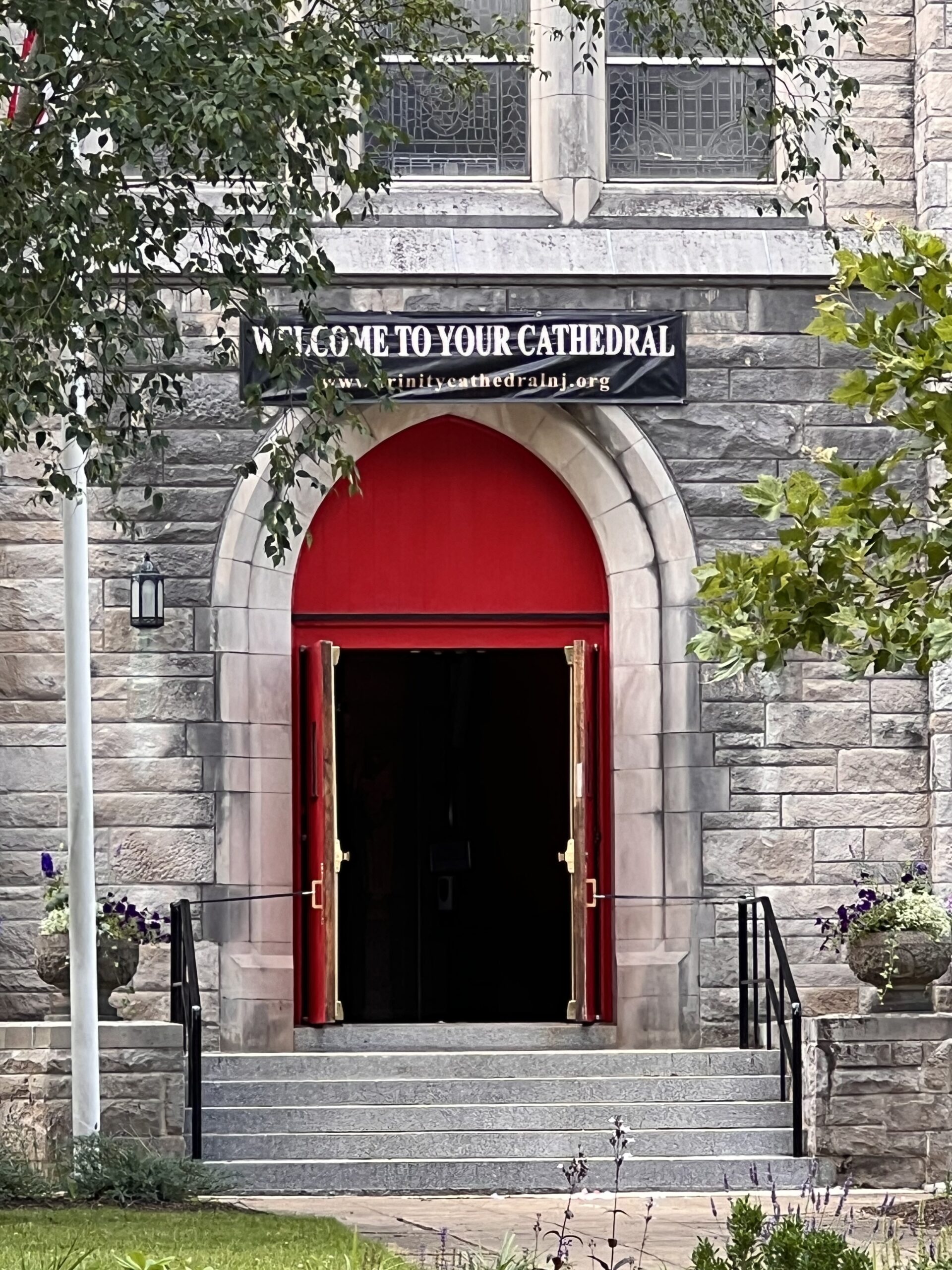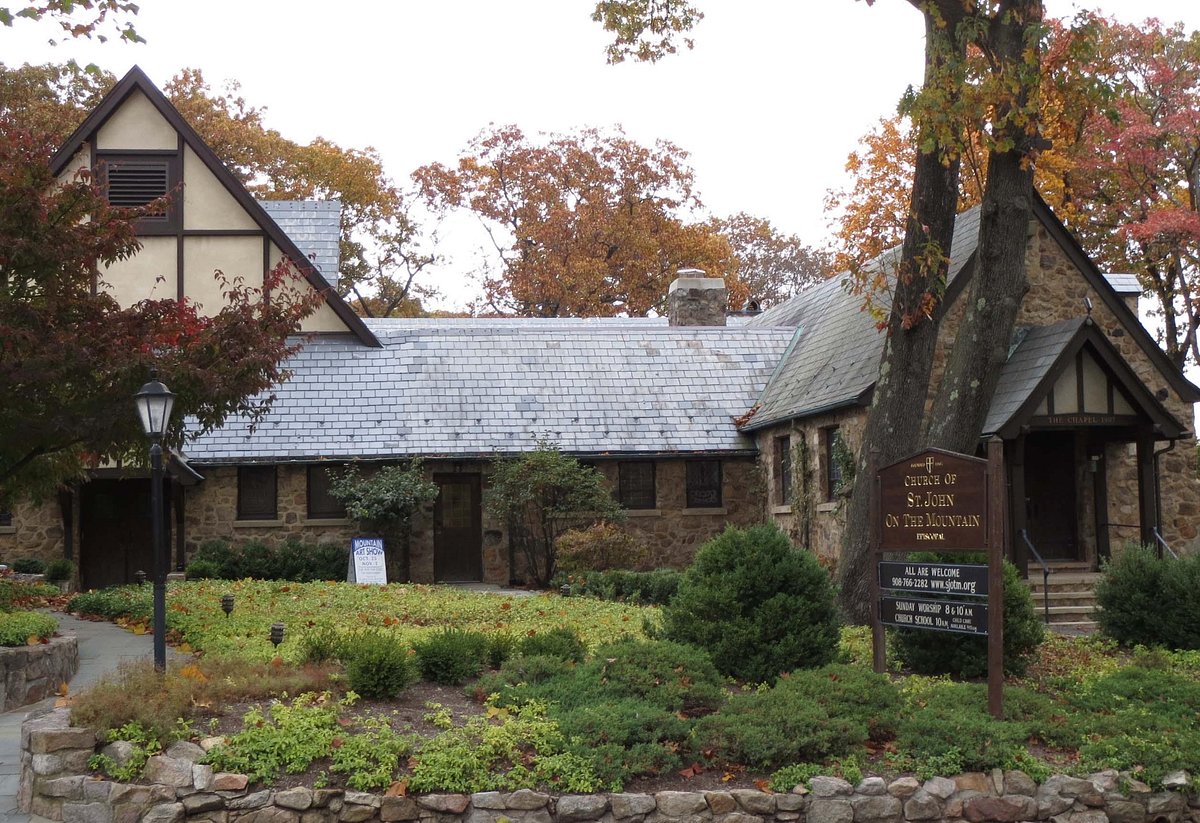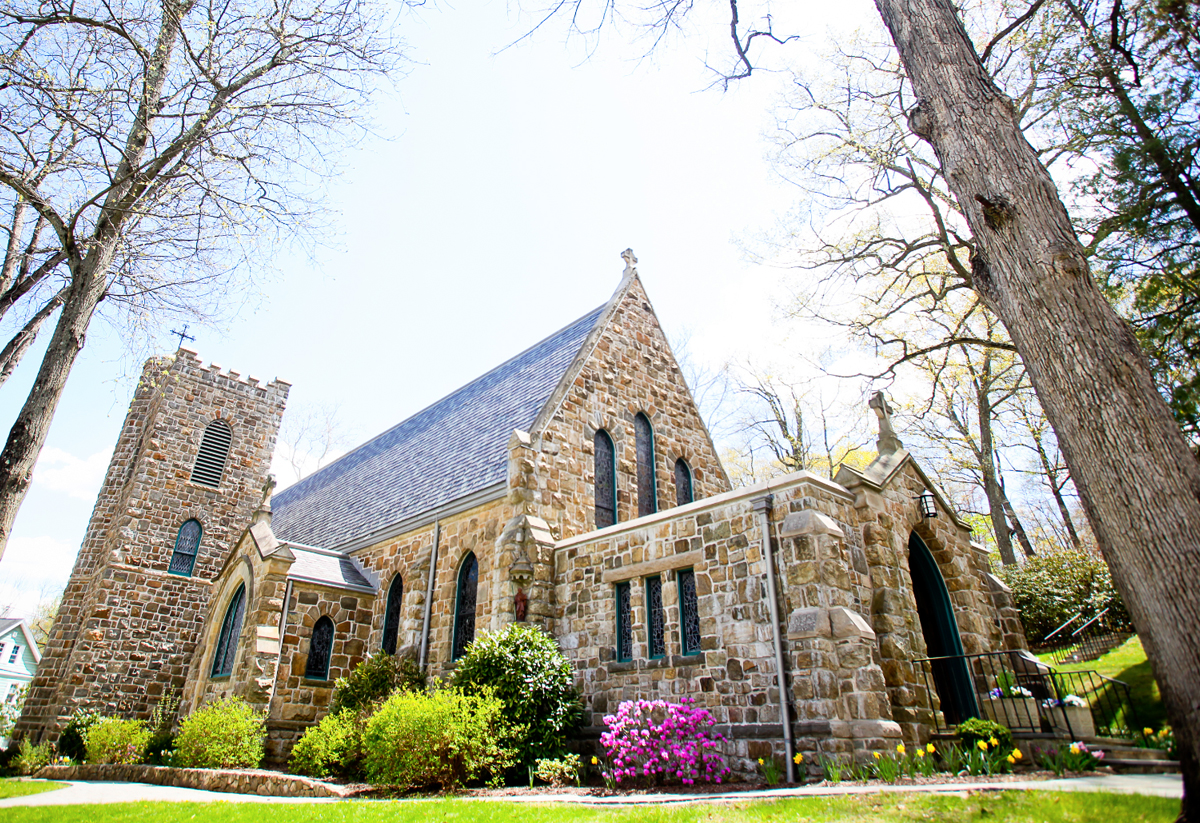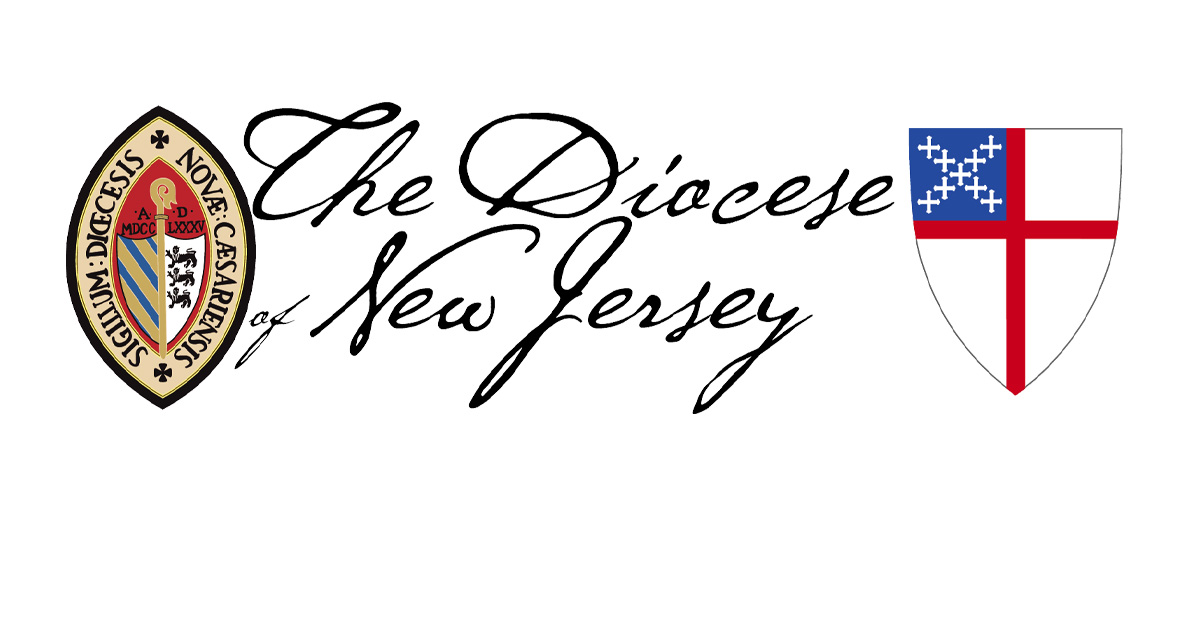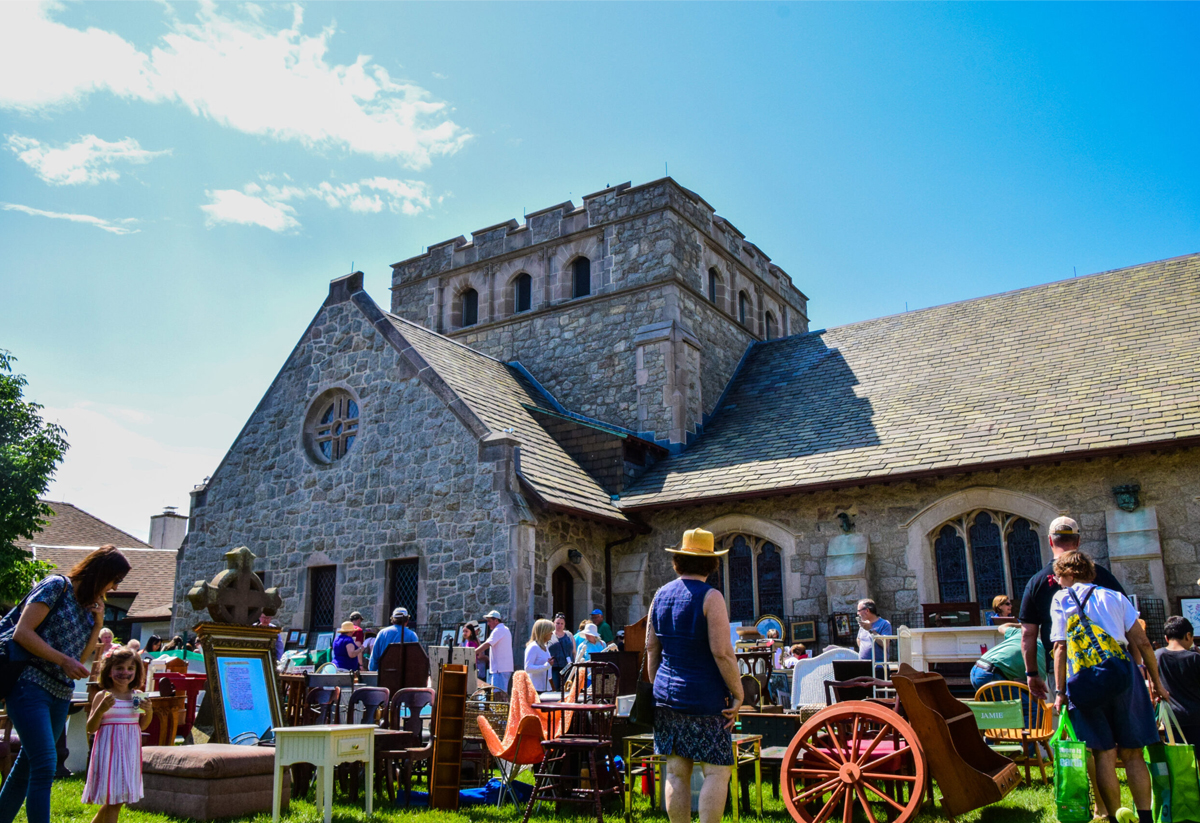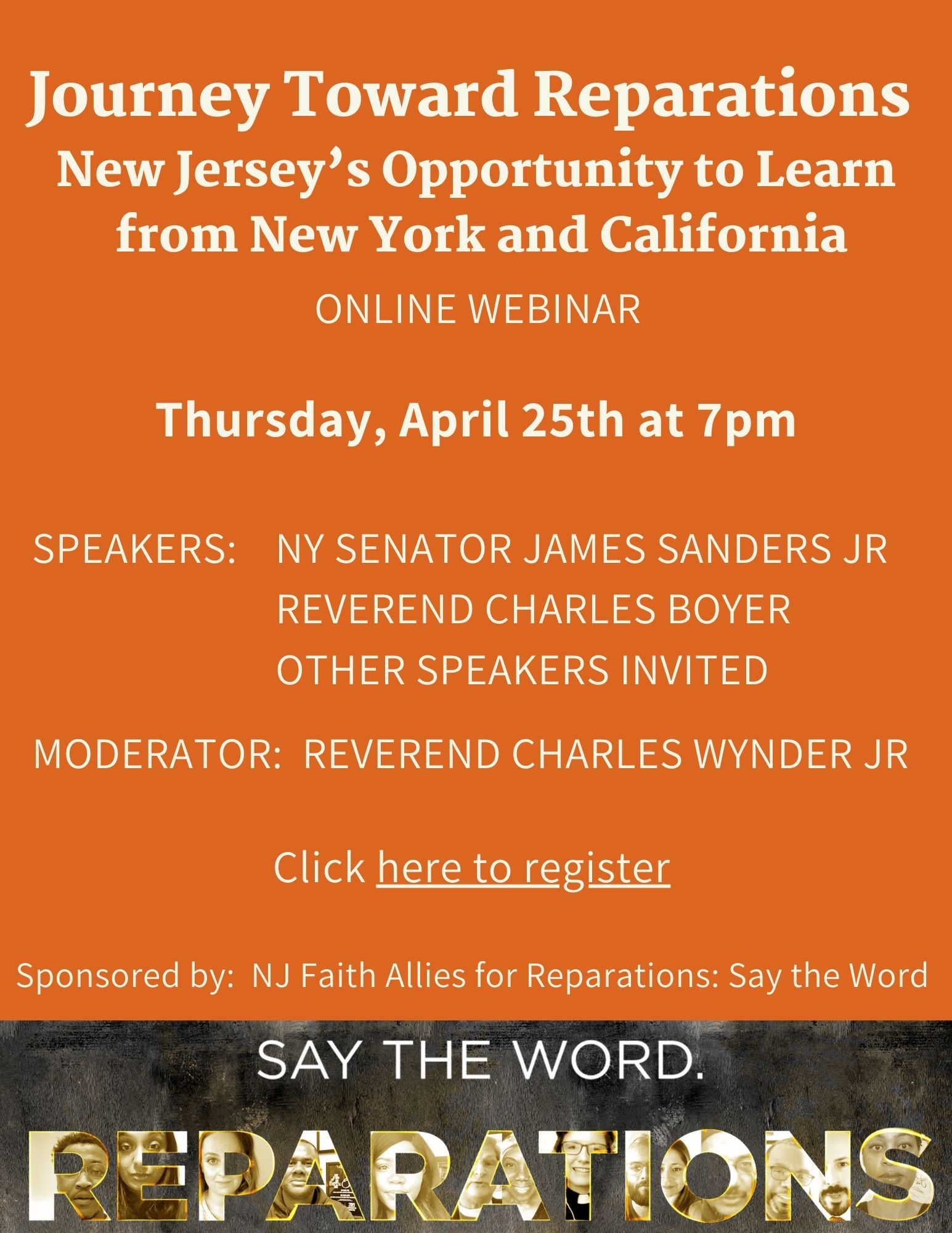I was honored and privileged to be selected as a delegate to the United Nations Climate Change conference COP26 representing the Presiding Bishop’s office.
The UN has granted The Episcopal Church official observer partner status and participation since 2015, appreciating TEC’s influence and climate policy priorities: to accelerate ambition, increase support for communities experiencing loss and damage, protect human rights and affirm climate and ecojustice in addressing adaptation and mitigation, and boost climate finance mechanisms.
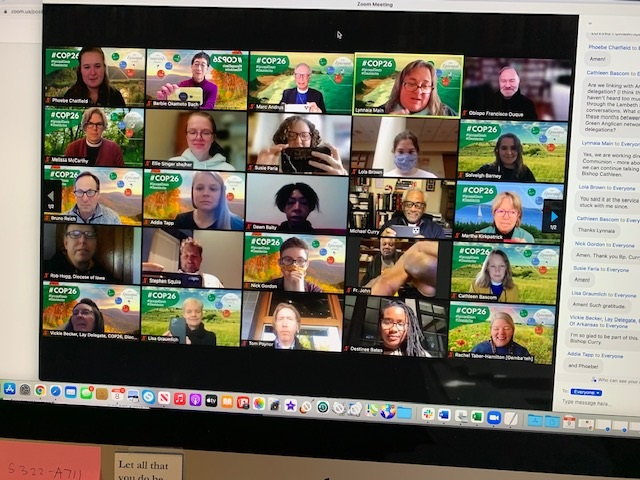 The role of each of the 24 Episcopal virtual delegates was to attend events and share notes in assigned workstreams, process with the delegation, advocate for member nation parties and stakeholders to support climate change solutions consistent with TEC’s policy priorities, and to continue to report widely after COP ended. 40,000 delegates were present in Glasgow; many more could not travel there due to COVID, especially delegates from countries without adequate vaccines. The largest representation was from the oil and gas industry, and 100,000 protesters demonstrated for real and immediate action to save the planet. Most talks started late due to scrutiny of daily COVID tests; still there were thousands of new COVID cases.
The role of each of the 24 Episcopal virtual delegates was to attend events and share notes in assigned workstreams, process with the delegation, advocate for member nation parties and stakeholders to support climate change solutions consistent with TEC’s policy priorities, and to continue to report widely after COP ended. 40,000 delegates were present in Glasgow; many more could not travel there due to COVID, especially delegates from countries without adequate vaccines. The largest representation was from the oil and gas industry, and 100,000 protesters demonstrated for real and immediate action to save the planet. Most talks started late due to scrutiny of daily COVID tests; still there were thousands of new COVID cases.
The tone of urgency for this COP was evident in every session. UN Secretary-General Antonio Guterres warned “the climate crisis is CODE RED for humanity.” U.S. climate envoy John Kerry observed that “COP26 represents a major shifting point.” World leaders arrived at Glasgow in agreement with the IPCC report that the planet is heating faster, emissions must be curtailed, and inaction is not an option.
COP26 accomplishments that give us hope: finalized the Paris accord rulebook; increased transparency and frequency of reporting NDCs; increased adaptation financing; raised ambitions; secured commitments to reduce methane emissions, end deforestation, and provide financial support to the most vulnerable countries; listened to voices of youth, indigenous peoples and women; and emphasized nature-based solutions and the plight of nature.
Disappointments included: major coal-dependent countries did not commit to giving up coal power; India negotiated watering down language in the final Glasgow climate pact to “phase down” rather than “phase out” coal; no agreement on world’s largest carbon emitters to compensate poorer nations when they suffer damage by climate fueled storms; and “keep 1.5 alive” strategy has a weak pulse hanging by a thread.
Our delegation met daily for morning reflection and prayer led by Bishop Marc Andrus, for midday huddles with TEC’s Office of Government Relations, and every evening for bilingual Compline led by 25-yr old Ellen Singer (TEC’s future is in good hands, shown by Ellen and several college-age delegates!). The delegation hosted a Glasgow-hybrid interfaith event and three public Zoom events including Earth liturgy and concluding program with Presiding Bishop Michael Curry.
We prepared in October, woke at 4 AM for two intense weeks in November, and continue to process and share reports. Applications will open for COP27’s delegation in 2022.
My favorite slogans included: “Earth to COP!” “There is no Planet B.” “There is no second nature.” “Build Back Wetter” (carbon storage water solutions). Besides a full picture of the global crisis, I learned about climate grief, ecojustice/climate justice, global warming projections, non-carbon producing energy solutions, and the impact personal carbon footprints have on island peoples half a world away.
For centuries and especially for the past 180 years humankind has mistreated God’s creation. We must atone and commit to become true caretakers of the only planet to sustain life.
Among next steps, I hope to urge members of the diocese to act now to reduce personal carbon footprints, make earth friendly decisions, and read about climate change solutions and action. I hope to organize and engage the energy of young people who have the most at stake navigating the climate crisis—so stay tuned!



